Patel vs. Patel
Has Hardik Patel done more harm than good to the Patel community? The Patels of the US say that their credibility has been tarnished by the protests in Gujarat. Seema Sirohi talks to Patels in America and assesses their mood.
 Courtesy: Lassi With Lavina
Courtesy: Lassi With Lavina
Has Hardik Patel done more harm than good to the Patel community? The Patels of the US say that their credibility has been tarnished by the protests in Gujarat. Seema Sirohi talks to Patels in America and assesses their mood.
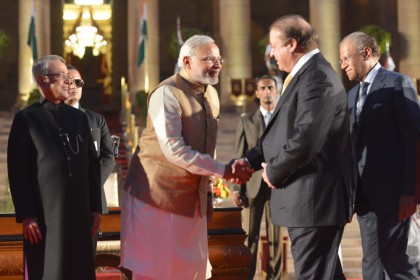 Courtesy: Wikipedia
Courtesy: Wikipedia
The cancellation of the August 23-24 meeting of the national security advisors of India and Pakistan follows a pattern of unrealistic expectations raised and then quickly dashed. This is compounded by Pakistan’s long history of denial on numerous issues. It may be time for both countries to abjure high-profile diplomacy and turn to small confidence-building measures.
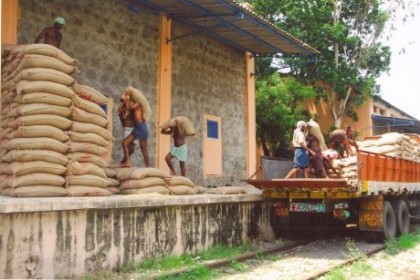 Courtesy: Bharata Bharati
Courtesy: Bharata Bharati
India, along with China, will present the case for food security protections at the WTO Ministerial Conference in Nairobi in December, where India will find it difficult to maintain its integrity as both a leader of G33 countries and a nation that has an expressed stake in the expansion of global trade. But it should stick to the G33’s Bali proposal for flexibilities for developing countries.
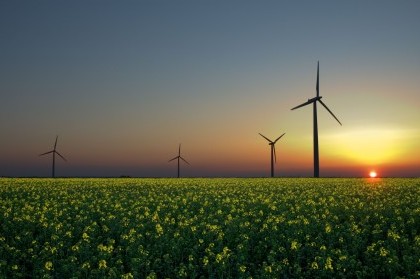 Courtesy: Jürgen / Flickr
Courtesy: Jürgen / Flickr
In Germany in June 2015, G7 countries made major commitments towards decarbonisation and reduction in greenhouse gases, which will lead to binding decisions at the COP-21 conference in Paris in December. Germany pushed for these outcomes, and as one of the most energy efficient countries in the world its technology and expertise can help India’s targets of alternative energy and sustainable industry.
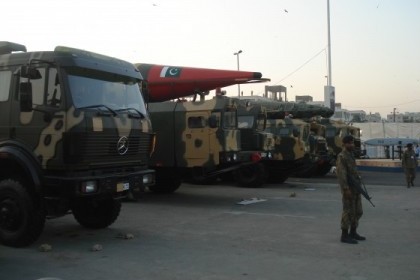 Courtesy: Wikipedia
Courtesy: Wikipedia
A report by the Carnegie Endowment and the Stimson Center attempts to recognise Pakistan’s nuclear programme as ‘normal’ and India’s as not. However, with dangerous new additions to Islamabad’s arsenal, a throwback to simplistic US rationalisations still won’t bring Pakistan into the non-proliferation mainstream.
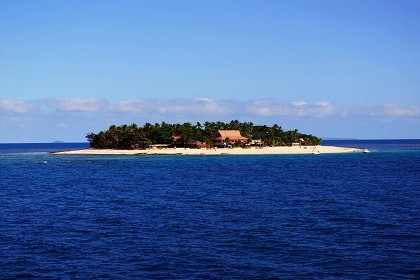 Courtesy: Wikipedia
Courtesy: Wikipedia
The second Forum for India and the Pacific Islands in Jaipur on August 21 will be a historic summit that brings together the interests of India and the 14 island countries of the Pacific. It is India’s acknowledgement of the emerging strategic importance of the Pacific region, and a chance for the islands to turn this into an opportunity for growth, development, and greater security.
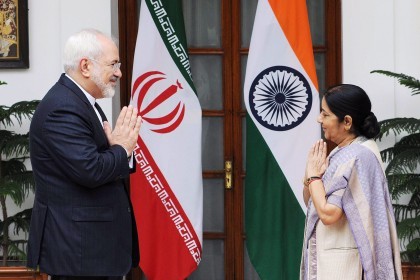 Courtesy: East Asia Forum
Courtesy: East Asia Forum
The nuclear deal with Iran benefits India and Pakistan in terms of energy security and connectivity. But both countries also face challenges in their prospective engagement with Tehran, and both will have to tread carefully while using the new opportunities.
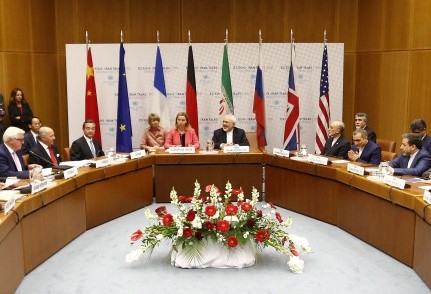 Courtesy: Europe, Integration and Foreign Affairs/Wikipedia
Courtesy: Europe, Integration and Foreign Affairs/Wikipedia
A month after Iran’s milestone nuclear deal with the P5+1 countries, the fine print is being scrutinised by hardliners in Iran and the deal will eventually be prepared for implementation by President Rouhani’s government. India, poised to revitalise bilateral trade, will be among many countries that can now benefit from robust business ties with the Persian Gulf country.
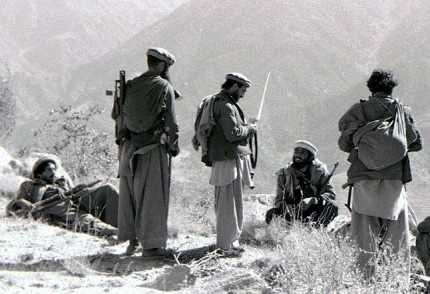 Courtesy: Erwin Franzen/Wikimedia
Courtesy: Erwin Franzen/Wikimedia
The August attack in Kabul and the now public disclosure of the death of Taliban leader Mullah Omar has caused Afghan President Ashraf Ghani to shift in outlook towards Pakistan. The "Pakistan-led" peace process is now tumbling like a house of cards backed implicitly by the United States.
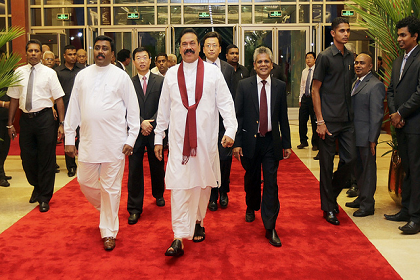 Courtesy: Sudath Silva/Flickr
Courtesy: Sudath Silva/Flickr
After losing power in January, Mahinda Rajapaksa, former president of Sri Lanka, is trying to re-enter politics by contesting for the prime minister’s seat in the elections on August 17. If he wins, it could destabilise Sri Lanka’s politics and impact relations with India, which had been hit under Rajapaksa’s rule. The future scenario will become clearer by next week.